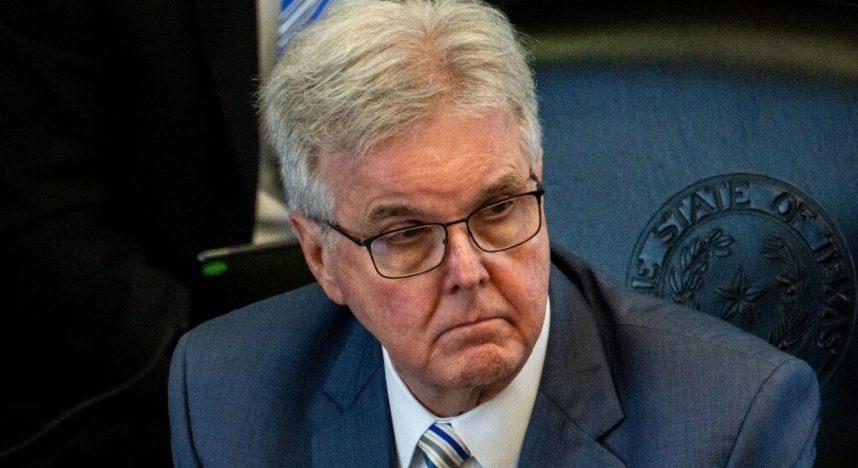Posted on: November 21, 2024, 03:05h.
Last updated on: November 21, 2024, 03:05h.
Texas is one of 11 states that currently does not permit any form of regulated sports betting, but should that change, the second-largest state could reap significant economic benefits.

In its recently published “Legal Online Sports Betting In Texas: Revenue Forecast And Economic Impact Analysis,” Eilers & Krejcik Gaming (EKG) forecast that should the state permit mobile sports wagering, it could result in the creation of 8,000 jobs and $360 million in direct tax revenue flowing to state coffers.
The research firm added that by legalizing sports betting, the Lone Star State could haul in $24.3 million annually in additional non-gaming taxes while enjoying an overall economic benefit of $2.6 billion.
Former Gov. Rick Perry (R-TX), now a spokesman for the Sports Betting Alliance (SBA), previously said a regulated sports betting market could generate $250 million for the state, based on an estimated black market handle of $8.7 billion. There’s been debate regarding the efficacy of that unregulated estimate, but there’s no denying that Texans are betting on sports — whether with local bookies, offshore sites, or in some cases, going to Louisiana — and the state is missing out on that revenue.
Sports Betting Revenue Argument May Have Sway in Texas
Gaming companies and politicians pushing for sports betting legalization always lean into the revenue argument, among others and it could be pertinent in Texas because the state doesn’t levy an income tax. That implies unleashing new revenue sources is important.
Data confirm sports betting taxes have bolstered states’ revenue streams. A LendingTree study out earlier this year noted the states that permitted sports betting hauled in $2.5 billion in revenue last year, a 34.7% year-over-year increase. That’s an impressive figure when considering California and Texas – the two largest states by population – don’t permit sports betting.
In Texas, the heavy lift may be convincing politicians revenue is a problem and a controversial source such as sports betting is the way to ameliorate it. Last year, it was widely reported that the state was running a $32.3 billion surplus, a significant portion of which was spent on property tax relief.
However, data from the state comptroller and the Legislative Budget Board (LBB) indicated politicians had $188.2 billion in available funds with an appropriations base of $109.8 billion, meaning excess funds were $78.4 billion — well above the aforementioned surplus of $32.3 billion. Said another way, Texas isn’t in dire need of new revenue over the near-term.
Texas Sports Betting Outlook
Despite the economic benefits highlighted by EKG and various polling suggesting a majority of Texans want to see sports wagering approved, the issue remains touchy in the state. Lt. Governor Dan Patrick (R-TX), who sets the agenda for the State Senate, remains opposed to casinos and sports betting.
There’s been speculation that Patrick could join the Trump Administration, but even if that happens, it’s widely believed his successor would also be opposed to those forms of gaming expansion.
All of that is to say the likelihood of a sports betting ballot measure being put to Texas voters in November 2025 — the best case scenario — appears unlikely at that moment. Some industry observers have noted the more plausible timeline is a vote in 2027 with sports betting launching in the state the following year.








Recent Comments